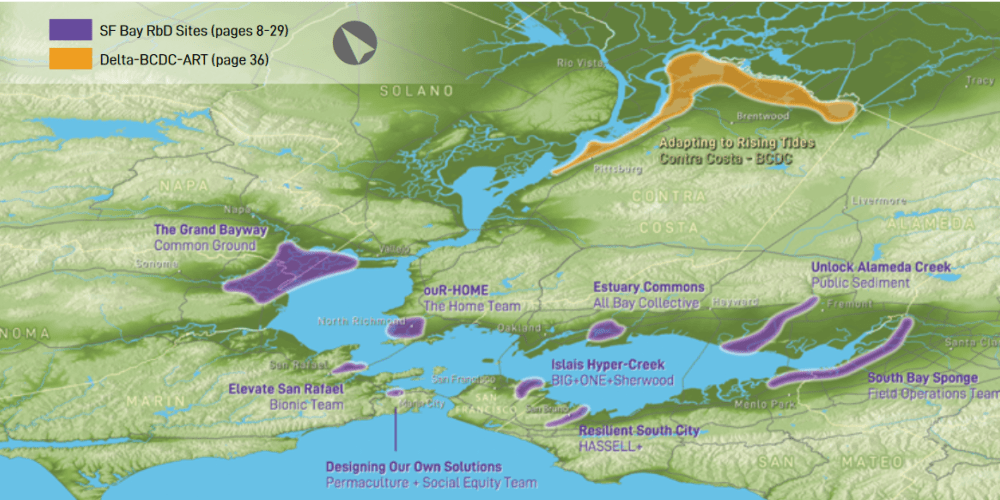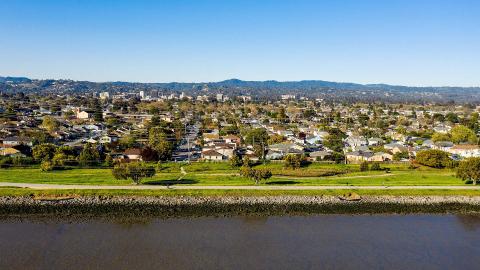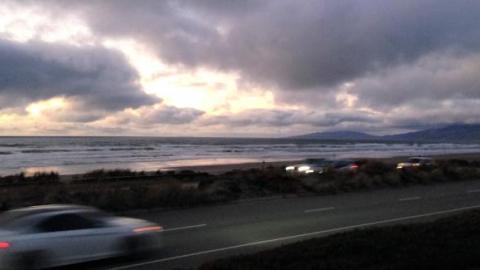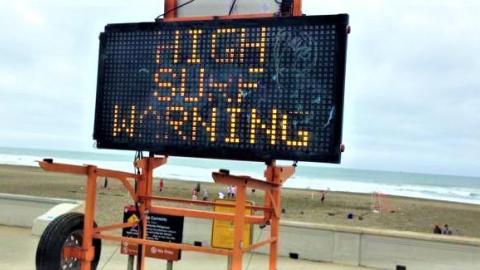
The latest special issue of ESTUARY News magazine is now available and takes a deep dive into the Resilient by Design Bay Area Challenge, which in May 2017 selected nine high-powered teams from across the globe to come up with innovative design ideas that address sea level rise and resilience to climate change around the region.
Last month, after a year-long process, Resilient by Design shared the final design concepts developed by local residents, community organizations, public officials and local, national, and international experts. These concepts were “meant to inspire, catalyze action, and push us along the path to a more resilient future.”
The June 2018 Issue of ESTUARY News explores each of the individual Bay Area Challenge design concepts in more detail and puts the whole Challenge in wider context, including where we might go from here:
- The issue details how better design can help nine places around the Bay Area adapt to a rising Bay (a one- to six-foot rise in sea level by 2100) and increased flooding, as well as overcome potential displacement and gentrification threats facing shoreline communities.
- The issue also provides an overview of regional governance needs, an innovative levee setback and climate planning in the Delta, updates on Bay sediment supply estimates, and reports on new integration teams for fast-tracking permitting for Measure AA-funded projects.
The ESTUARY News is published by the San Francisco Estuary Partnership a collaboration of local, state, and federal agencies, NGOs, academia and business leaders working to protect and restore the San Francisco Bay-Delta Estuary. The Estuary Partnership – which is hosted by ABAG and staffed by MTC – is guided by the development and implementation of the Estuary Blueprint, a comprehensive, collective vision for the Estuary’s future.



Submit your comment
In order to receive a reply to your comment, please provide an email address.